Books of 2015.
What to Read?
One thing I don’t like is trying to figure out what book I will read next. There are 129,864,880 of them of every imaginable topic. Each one has hundreds of reviews and summaries online. There are wikipedia articles, Amazon user reviews, still more professional reviews published in periodicals and blogs, the list goes on. That’s just too many choices, too much information to process.
I’m working on a software solution to the “what to read” problem and I want to test my theory that it only takes a few pieces of information about the book (a nice picture, a few quotes, and a plot summary) for a person to make a good ‘read it/don’t read it’ decision.
First, a large dynamic art depicting of some plot point or theme from the book (see ‘A Darkling Sea’ below. I enjoyed it BTW.), or if thats not available then maybe just a large picture of the book cover. They say you shouldn’t judge a book by its cover but if that were true publishers wouldn’t bother making book covers right? This artwork must be big enough that the reader can make out details. None of the little thumbnails like you see on so many book websites will suffice.
The second thing a potential reader needs is several characteristic quotes from the book (no pun intended). Just a few short quotes, preferably of varied feel and tone, will give the reader something she can blend and intermix with the feelings and impressions she formed when looking at the book art to get a pretty good sense of the book.
Lastly, a brief plot description. What’s this book about? It could simply be the publishers summary or the blurb from the inside jacket cover.
So, you see this gorgeous art work showing a giant pyramid with some sort of technological symbols all over it. There are floating boulders, three suns, and the sky is full of a weird structure. Then you read some intriguing quotes that seem surprisingly philosophical for what appears to be a Sci-fi novel. Lastly you tie it all together with the plot summary that reinforces your newly formed opinion that this book looks awesome (or it doesn’t).
That’s how I think it works. Perhaps you would like to help test my theory. Great! Thanks. Below you will find a small sample set consisting of 15 of the 129,864,880 volumes in the human library. These books happen to be some of my 2015 reading list. Not to brag but that’s .0000013% of all the books. Anyway, I found some cover art for each, selected quotes, and a plot summary and put them all together. I found a few of these books hard to finish which means that at some point in the past I decided it would be a great read and was wrong, which led me to here, writing this. So, if you will, check out the books below. Study the pictures, read the quotes, scan the summary. Then go with your gut. Read one, or don’t. Give me some feedback, or give me a lot of feedback. I’m interested to know if you found it easier to get an impression of the book and then having read the book, found your initial impression accurate.
I embedded links from each book to Amazon as a way to tell if anyone bought one of the books on the list. I only used the affiliate links for this article. Hopefully someone will review the books below and decide to read one of them. If not, oh well. In either case I will have tested my theory and aquired some data to move forward with. The next phase will be to determine how to interpret it.
Ok let’s go.….
Fiction>
“The mark of a legitimate revolution — the scientific, for example — was that it didn’t brag about its revolutionariness but simply occurred.”
“Stupidity mistook itself for intelligence, whereas intelligence knew its own stupidity.”
“Our joint plan was to be poor and obscure and pure and take the world by surprise at a later date.”
“It’s like having one red sock in a load of white laundry. One red sock, and nothing is ever white again.”
“Don’t talk to me about hatred if you haven’t been married.”
Purity is a dark-hued comedy of youthful idealism, extreme fidelity, and murder. The author of The Corrections and Freedomhas created yet another cast of vividly original characters, Californians and East Germans, good parents and bad parents, journalists and leakers, and he follows their intertwining paths through landscapes as contemporary as the omnipresent Internet and as ancient as the war between the sexes. Jonathan Franzen is a major author of our time, and Purity is his edgiest and most searching book yet.
“The holes in your life are permanent. You have to grow around them, like tree roots around concrete; you mould yourself through the gaps.”
“There’s nothing so painful, so corrosive, as suspicion.”
“I have never understood how people can blithely disregard the damage they do by following their hearts.”
“There’s something comforting about the sight of strangers safe at home.”
Rachel takes the same commuter train every morning. Every day she rattles down the track, flashes past a stretch of cozy suburban homes, and stops at the signal that allows her to daily watch the same couple breakfasting on their deck. She’s even started to feel like she knows them. “Jess and Jason,” she calls them. Their life — as she sees it — is perfect. Not unlike the life she recently lost.
And then she sees something shocking. It’s only a minute until the train moves on, but it’s enough. Now everything’s changed. Unable to keep it to herself, Rachel offers what she knows to the police, and becomes inextricably entwined in what happens next, as well as in the lives of everyone involved. Has she done more harm than good?
“Hell is the absence of the people you long for.”
“Survival is insufficient.”
“What I mean to say is, the more you remember, the more you’ve lost.”
“If you are the light, if your enemies are darkness, then there’s nothing that you cannot justify. There’s nothing you can’t survive, because there’s nothing that you will not do.”
“First we only want to be seen, but once we’re seen, that’s not enough anymore. After that, we want to be remembered.”
Anovel set in the eerie days of civilization’s collapse, Station Eleven tells the spellbinding story of a Hollywood star, his would-be savior, and a nomadic group of actors roaming the scattered outposts of the Great Lakes region, risking everything for art and humanity.
Non-Fiction>
The Consolations of Philosophy by Alain de Botton
“We fall in love because we long to escape from ourselves with someone as beautiful, intelligent, and witty as we are ugly, stupid, and dull. But what if such a perfect being should one day turn around and decide they will love us back? We can only be somewhat shocked-how can they be as wonderful as we had hoped when they have the bad taste to approve of someone like us?”
“One of the best protections against disappointment is to have a lot going on.”
“To one’s enemies: “I hate myself more than you ever could.”
The Consolations of Philosophy takes the discipline of logic and the mind back to its roots. Drawing inspiration from six of the finest minds in history — Socrates, Epicurus, Seneca, Montaigne, Schopenhauer and Nietzsche — he addresses lack of money, the pain of love, inadequacy, anxiety and conformity.
“Your guts also have about 100 million nerves, more than the number of nerves in your spinal cord or your entire peripheral nervous system.”
“History teaches us that ordinary people can grow accustomed to horrible, normally unthinkable acts”
“Farming is often viewed as an old-fashioned way of life, but from an evolutionary perspective, it is a recent, unique, and comparatively bizarre way to live.”
“Our recent divergence from a small population explains another important fact, one that every human ought to know: we are a genetically homogenous species.”
Alucid, engaging account of how the human body evolved over millions of years and of how the increasing disparity between the jumble of adaptations in our Stone Age bodies and the modern world is fueling the paradox of greater longevity but more chronic disease.
“A reliable way to make people believe in falsehoods is frequent repetition, because familiarity is not easily distinguished from truth. Authoritarian institutions and marketers have always known this fact.”
“Nothing in life is as important as you think it is, while you are thinking about it”
“a single cockroach will completely wreck the appeal of a bowl of cherries, but a cherry will do nothing at all for a bowl of cockroaches.”
“If you care about being thought credible and intelligent, do not use complex language where simpler language will do.”
Agroundbreaking tour of the mind that explains the two systems that drive the way we think. System 1 is fast, intuitive, and emotional; System 2 is slower, more deliberative, and more logical. Kahneman exposes the extraordinary capabilities — and also the faults and biases — of fast thinking, and reveals the pervasive influence of intuitive impressions on our thoughts and behavior. The impact of loss aversion and overconfidence on corporate strategies, the difficulties of predicting what will make us happy in the future, the challenges of properly framing risks at work and at home, the profound effect of cognitive biases on everything from playing the stock market to planning the next vacation — each of these can be understood only by knowing how the two systems work together to shape our judgments and decisions. Kahneman reveals where we can and cannot trust our intuitions and how we can tap into the benefits of slow thinking.
“When you have one foot in the future and the other in the past, you piss on the present.”
“What mindfulness does is create some space in your head so you can, as the Buddhists say, “respond” rather than simply “react.” In the Buddhist view, you can’t control what comes up in your head; it all arises out of a mysterious void. We spend a lot of time judging ourselves harshly for feelings that we had no role in summoning. The only thing you can control is how you handle it.”
“There’s no point in being unhappy about things you can’t change, and no point being unhappy about things you can.”
After learning about research that suggests meditation can do everything from lower your blood pressure to essentially rewire your brain, Harris took a deep dive into the underreported world of CEOs, scientists, and even marines who are now using it for increased calm, focus, and happiness.
Sci-Fi>
“No, emptiness is not nothingness. Emptiness is a type of existence. You must use this existential emptiness to fill yourself.”
“To effectively contain a civilization’s development and disarm it across such a long span of time, there is only one way: kill its science.”
“Your lack of fear is based on your ignorance.”
“In China, any idea that dared to take flight would only crash back to the ground. The gravity of reality is too strong.”
“I’m a simple man without a lot of complicated twists and turns. Look down my throat and you can see out my ass.”
Set against the backdrop of China’s Cultural Revolution, a secret military project sends signals into space to establish contact with aliens. An alien civilization on the brink of destruction captures the signal and plans to invade Earth. Meanwhile, on Earth, different camps start forming, planning to either welcome the superior beings and help them take over a world seen as corrupt, or to fight against the invasion. The result is a science fiction masterpiece of enormous scope and vision.
“She was old enough now to read the secret meaning embedded in all real advice: that the giver has fallen short of it himself, and that falling-short still rings in him and shapes his soul.”
“Why did grown-ups find it necessary to tease fellow citizens who actually gave a shit?”
“A teacher in high school once told him that until you can describe clearly what it is you mean, you don’t really mean it. That was the last great thing he had been taught in a classroom.”
“Mark had known a lesbian attorney for an evil cabal would never smoke Lucky Strikes.”
The Committee, an international cabal of industrialists and media barons, is on the verge of privatizing all information. Dear Diary, an idealistic online Underground, stands in the way of that takeover, using radical politics, classic spycraft, and technology that makes Big Data look like dial-up. Into this secret battle stumbles an unlikely trio: Leila Majnoun, a disillusioned non-profit worker; Leo Crane, an unhinged trustafarian; and Mark Deveraux, a phony self-betterment guru who works for the Committee.
Leo and Mark were best friends in college, but early adulthood has set them on diverging paths. Growing increasingly disdainful of Mark’s platitudes, Leo publishes a withering takedown of his ideas online. But the Committee is reading — and erasing — Leo’s words. On the other side of the world, Leila’s discoveries about the Committee’s far-reaching ambitions threaten to ruin those who are closest to her.
Leo and Mark were best friends in college, but early adulthood has set them on diverging paths. Growing increasingly disdainful of Mark’s platitudes, Leo publishes a withering takedown of his ideas online. But the Committee is reading — and erasing — Leo’s words. On the other side of the world, Leila’s discoveries about the Committee’s far-reaching ambitions threaten to ruin those who are closest to her.
“The moon blew up without warning and for no apparent reason.”
“any event largely organized by elementary school teachers was likely to come off extremely well from a logistical and crowd-control standpoint.”
“But I have to warn you that this is the word — ‘politics’ — that nerds use whenever they feel impatient about the human realities of an organization.”
“The human race might be about to disappear, but not before putting on a two-year frenzy of recreational sex.”
“Then she felt shock and shame over the fact that she was thinking about coffee while her planet was being set on fire.”
Acatastrophic event renders the earth a ticking time bomb. In a feverish race against the inevitable, nations around the globe band together to devise an ambitious plan to ensure the survival of humanity far beyond our atmosphere, in outer space. But the complexities and unpredictability of human nature coupled with unforeseen challenges and dangers threaten the intrepid pioneers, until only a handful of survivors remain . . .
Five thousand years later, their progeny — seven distinct races now three billion strong — embark on yet another audacious journey into the unknown . . . to an alien world utterly transformed by cataclysm and time: Earth.
The Abyss Beyond Dreams by Peter Hamilton
“Always demand proof of nirvana before you start following messiahs who’re selling it to you. Those guys don’t exactly have the greatest track record in the universe.”
“If you want to understand how a government works, the laws tell you.”
“So what happens after that?’ ‘Whatever needs to happen. That’s the whole point of being strategic.”
“Violence: the brutish solution of the ignorant who know they could never get enough people to vote for them.”
“I doubt any system that won’t reveal its purpose, that only offers promises of a better tomorrow.”
The year is 3326. Nigel Sheldon, one of the founders of the Commonwealth, receives a visit from the Raiel — self-appointed guardians of the Void, the enigmatic construct at the core of the galaxy that threatens the existence of all that lives. The Raiel convince Nigel to participate in a desperate scheme to infiltrate the Void.
Once inside, Nigel discovers that humans are not the only life-forms to have been sucked into the Void, where the laws of physics are subtly different and mental powers indistinguishable from magic are commonplace. The humans trapped there are afflicted by an alien species of biological mimics — the Fallers — that are intelligent but merciless killers.
“I prefer to be proved wrong than to live in error.”
“Greatest stuff in the world. Superman’s duct tape.”
“This is more important than food. This is science!”
“Four limbs good, six limbs bad.”
“Where the explorers go, conquerors and exploiters always follow.”
“I fear we must use bad science to accomplish good politics.”
“…people do not want to hear that aliens are just like us. They want wise angels and noble savages.”
Onthe planet Ilmatar, under a roof of ice a kilometer thick, a team of deep-sea diving scientists investigates the blind alien race that lives below. The Terran explorers have made an uneasy truce with the Sholen, their first extraterrestrial contact: so long as they don’t disturb the Ilmataran habitat, they’re free to conduct their missions in peace.
But when Henri Kerlerec, media personality and reckless adventurer, ends up sliced open by curious Ilmatarans, tensions between Terran and Sholen erupt, leading to a diplomatic disaster that threatens to escalate to war.
“That’s what life is about: finding something you can do that no one else can, and working your hardest at it. It’s about finding someone you love like no one else, someone who loves you like no one else does.”
“Who wants to try and fail, when you can drink and laugh with no consequences?”
“I wonder what the world would be like if we could all glimpse our future before every major decision. Maybe that’s what stories are for: so we can learn from people living similar lives, with similar troubles.”
“If there’s one thing I’ve learned in business, it’s that giving a tyrant what he wants doesn’t solve your problem. It only makes it worse.”
Harper Lane has problems. In a few hours, she’ll have to make a decision that will change her life forever. But when her flight from New York to London crash-lands in the English countryside, she discovers that she’s made of tougher stuff than she ever imagined. As Harper and the survivors of Flight 305 struggle to stay alive in the aftermath of the crash, they soon realize that this world is very different from the one they left. Their lives are connected, and some believe they’ve been brought here for a reason.
“Almost any concept or idea in the world can be expressed through comparison with a classic Warner Bros. cartoon.”
“One of the tricks of being a good teacher, he’d learned, was not to overuse the Look.”
“I think,” Bob said, “that a person can always find what they’re looking for, whether it’s there or not. They’ll just see what they want to see.”
“You know when you’re in a rush and you put a T-shirt on backward? Even if there’s no tag in it, you don’t have to look in the mirror to know it’s on wrong. You can just feel it.”
Far out in the California desert, a team of DARPA scientists has invented a device they affectionately call the Albuquerque Door. Using a cryptic computer equation and magnetic fields to “fold” dimensions, it shrinks distances so that a traveler can travel hundreds of feet with a single step.
The invention promises to make mankind’s dreams of teleportation a reality. And, the scientists insist, traveling through the Door is completely safe.
Yet evidence is mounting that this miraculous machine isn’t quite what it seems — and that its creators are harboring a dangerous secret.
“The only thing crazier than hallucinating a fictional videogame spaceship would be to blame it on a frosted breakfast pastry.”
“I’d spent my entire life overdosing on uncut escapism, willingly allowing fantasy to become my reality.”
“The only thing crazier than hallucinating a fictional videogame spaceship would be to blame it on a frosted breakfast pastry.”
“I had been hoping and waiting for some mind-blowingly fantastic, world-altering event to finally shatter the endless monotony of my public education.”
Zack Lightman has spent his life dreaming. Dreaming that the real world could be a little more like the countless science-fiction books, movies, and videogames he’s spent his life consuming. Dreaming that one day, some fantastic, world-altering event will shatter the monotony of his humdrum existence and whisk him off on some grand space-faring adventure.
And then he sees the flying saucer.
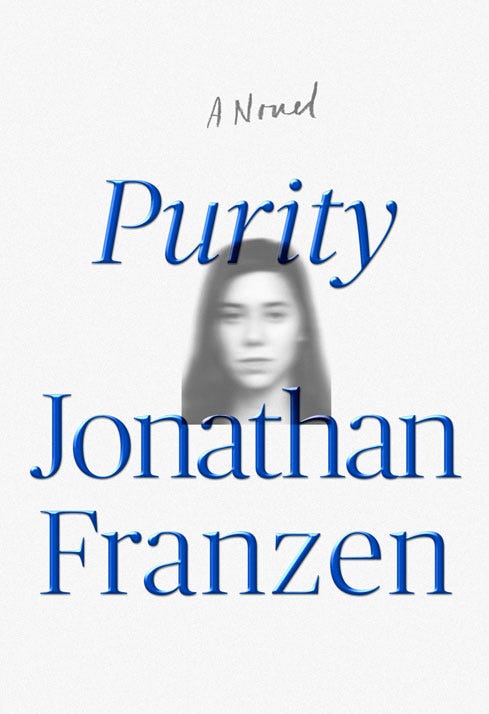
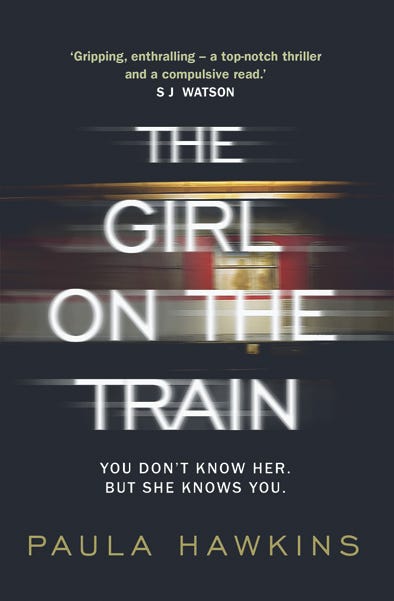
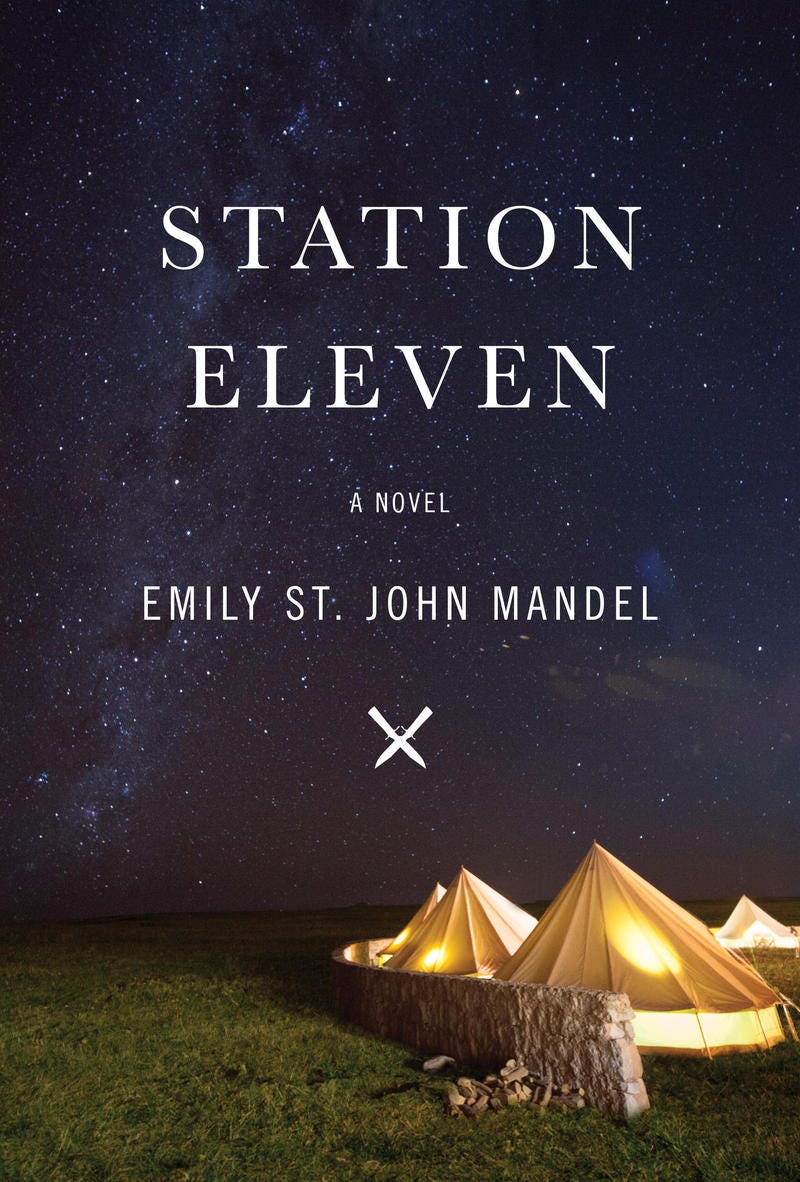
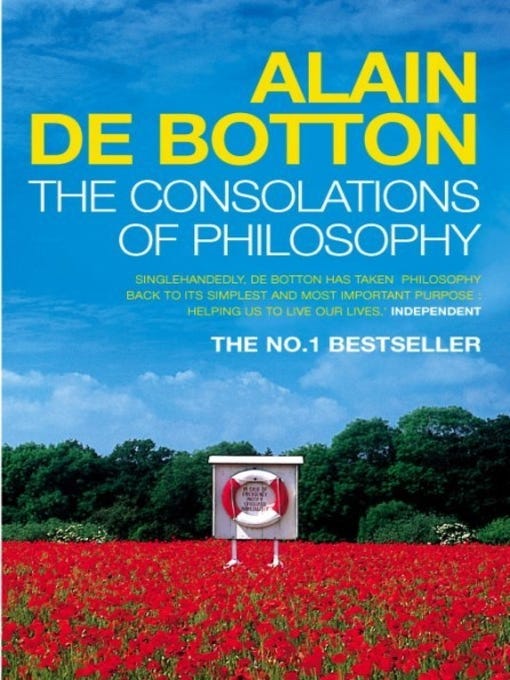
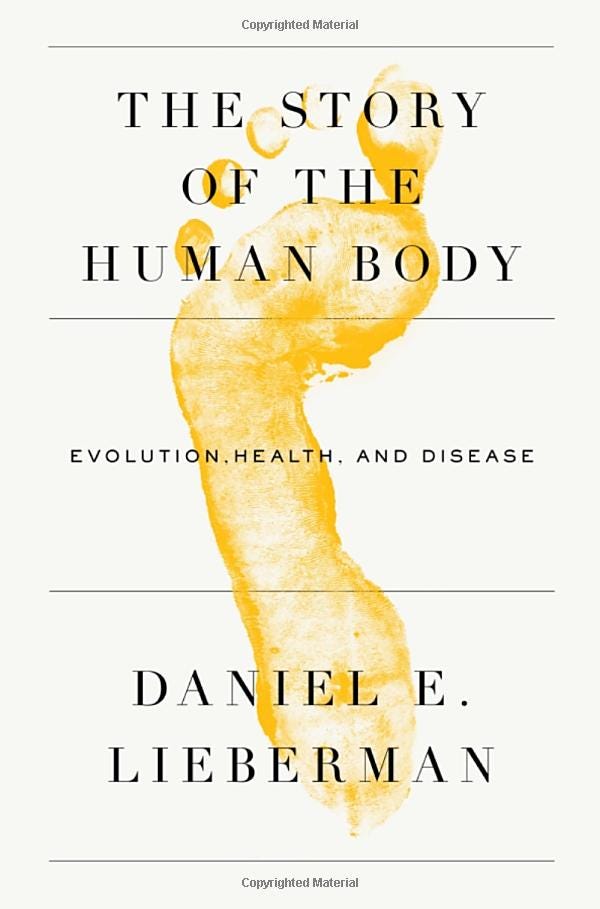
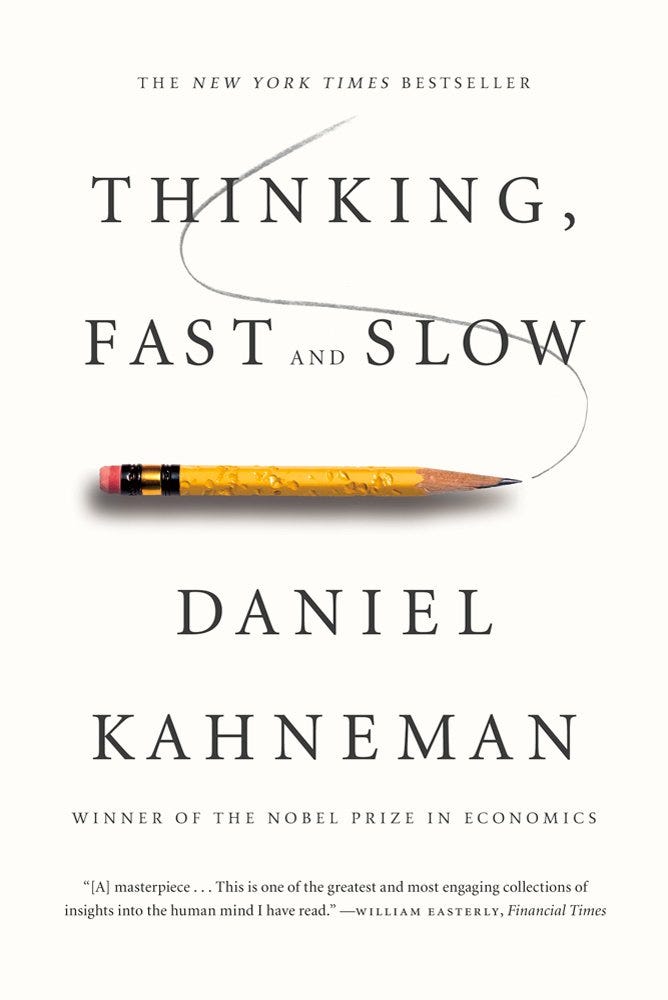
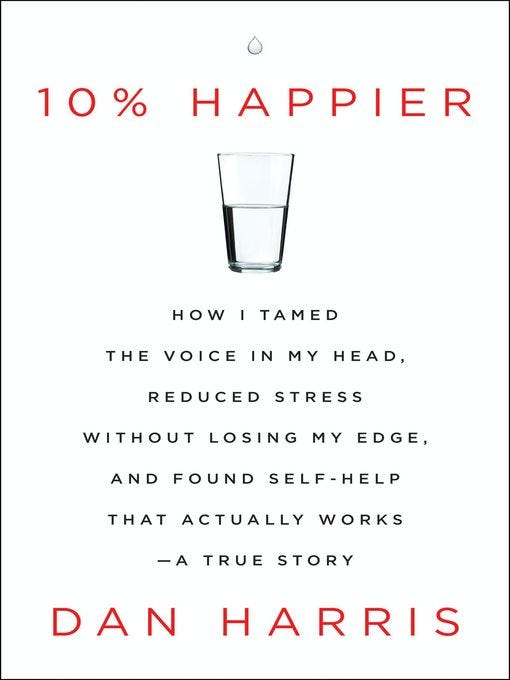
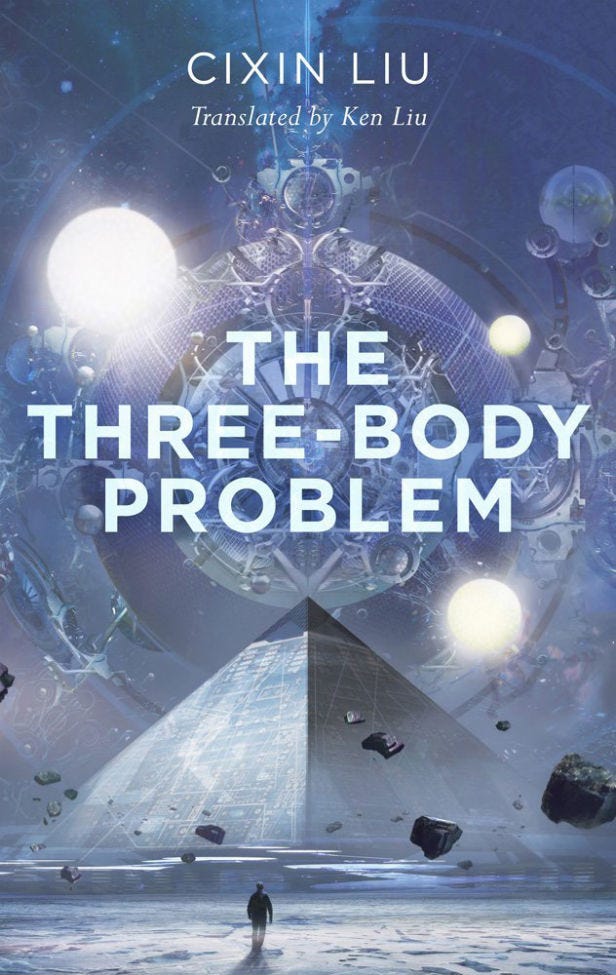
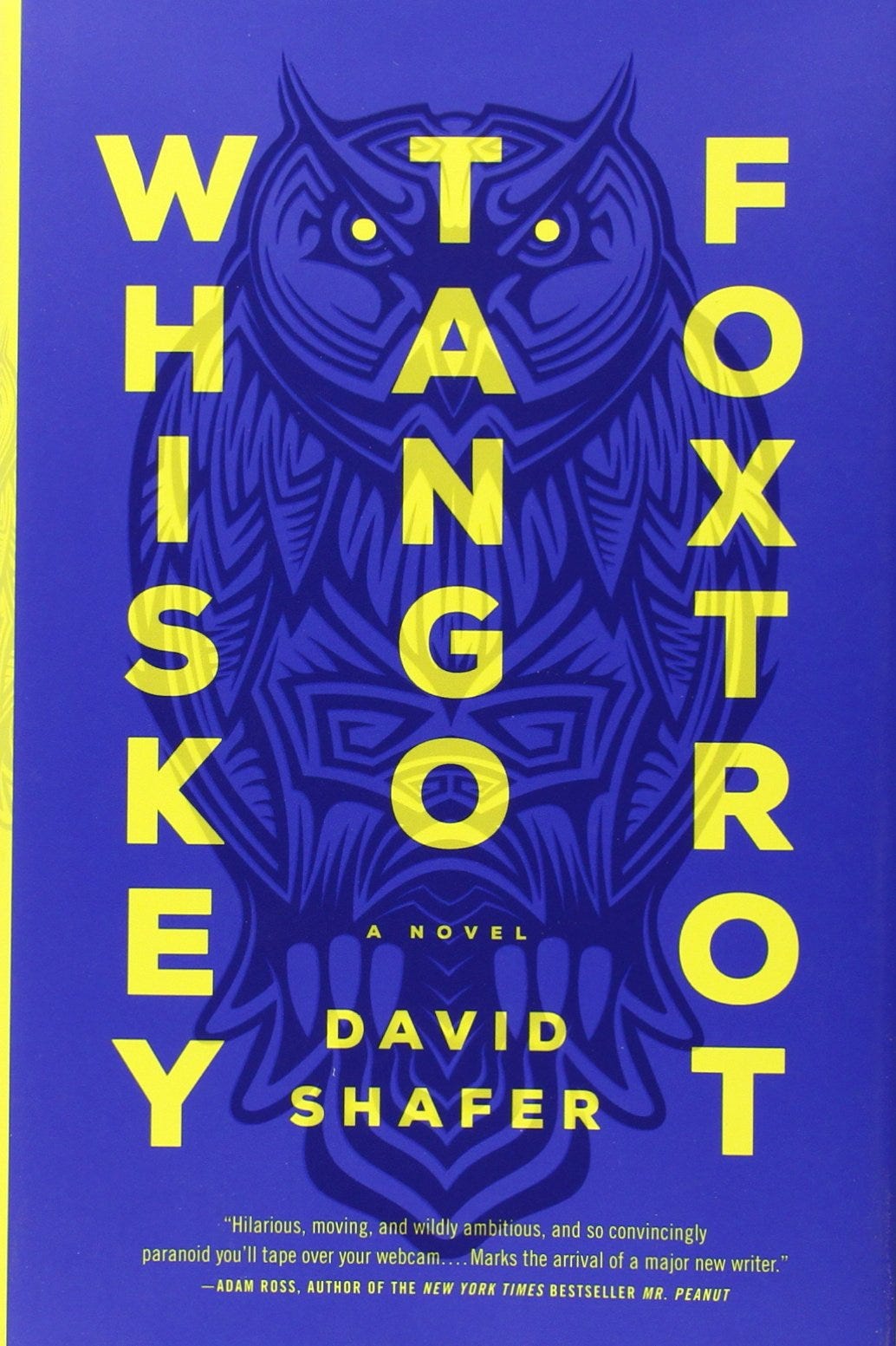
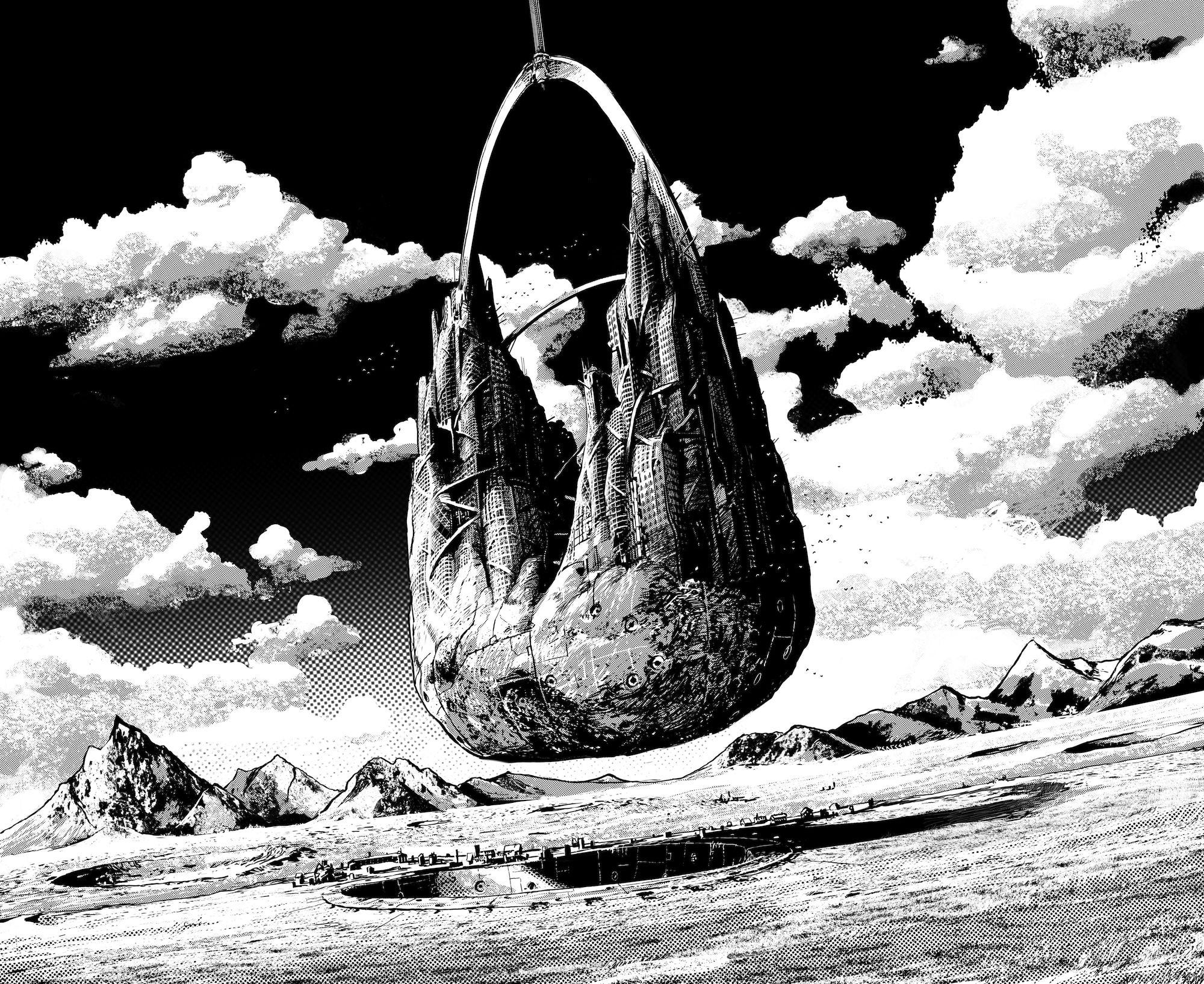
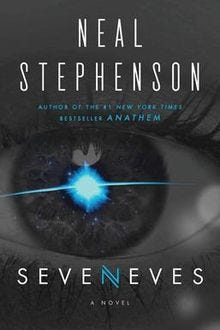
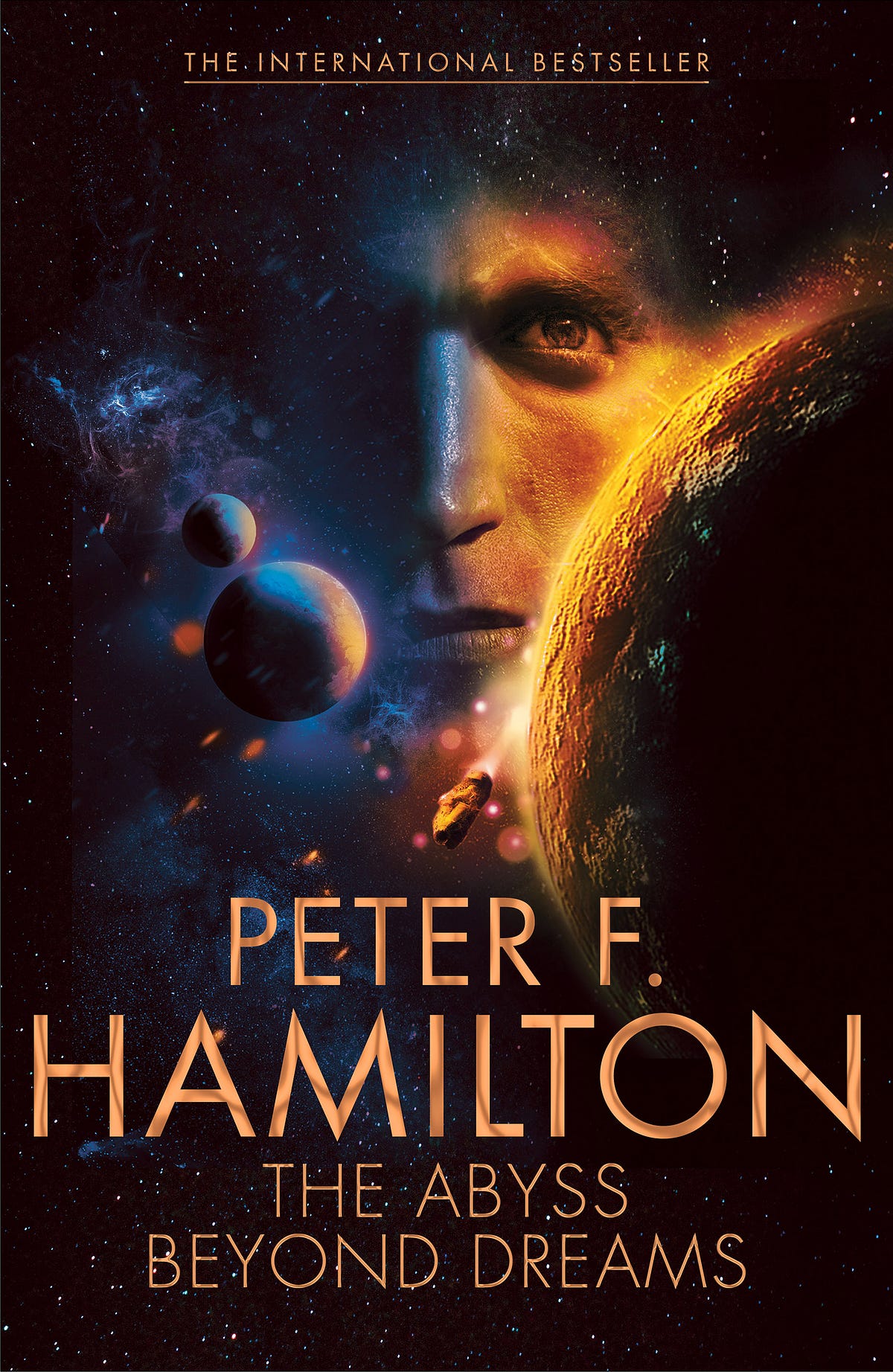
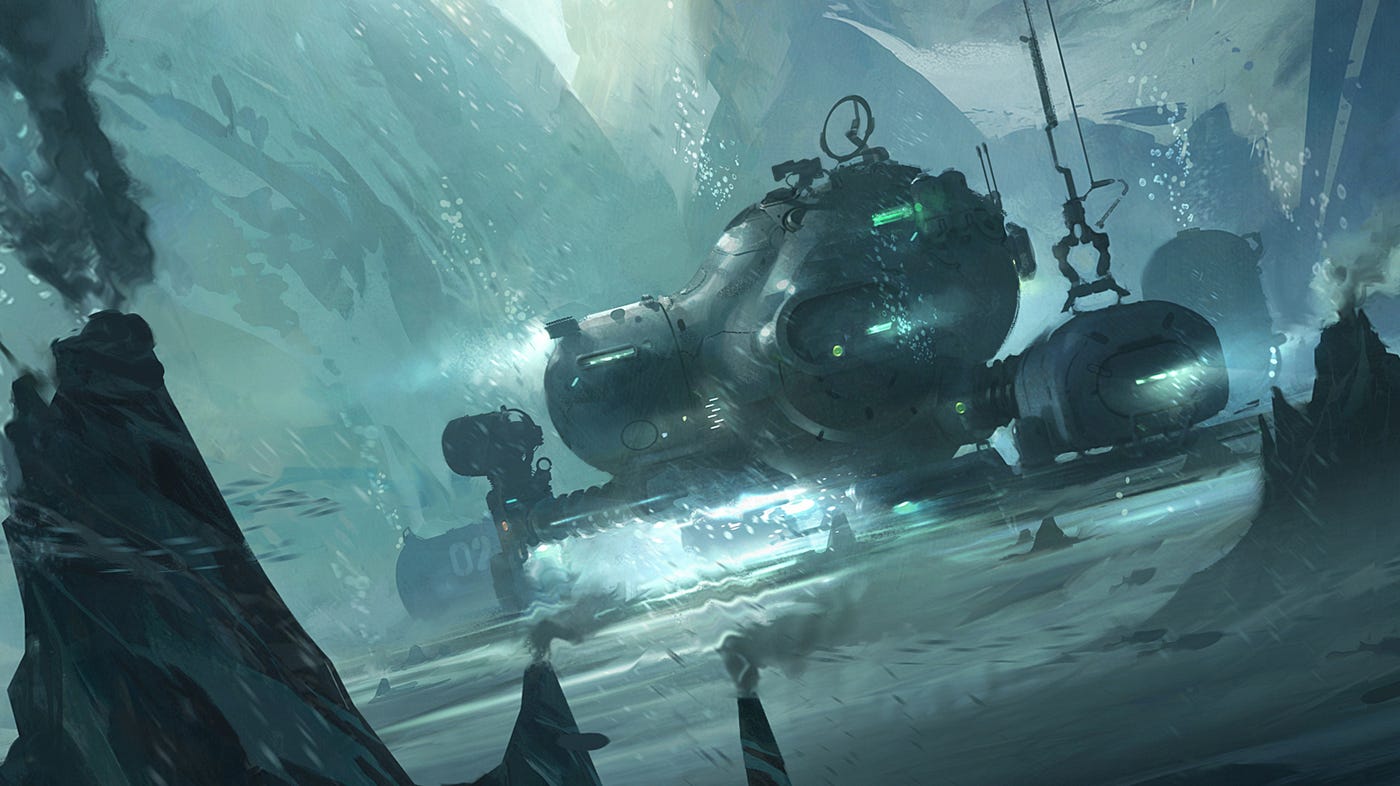
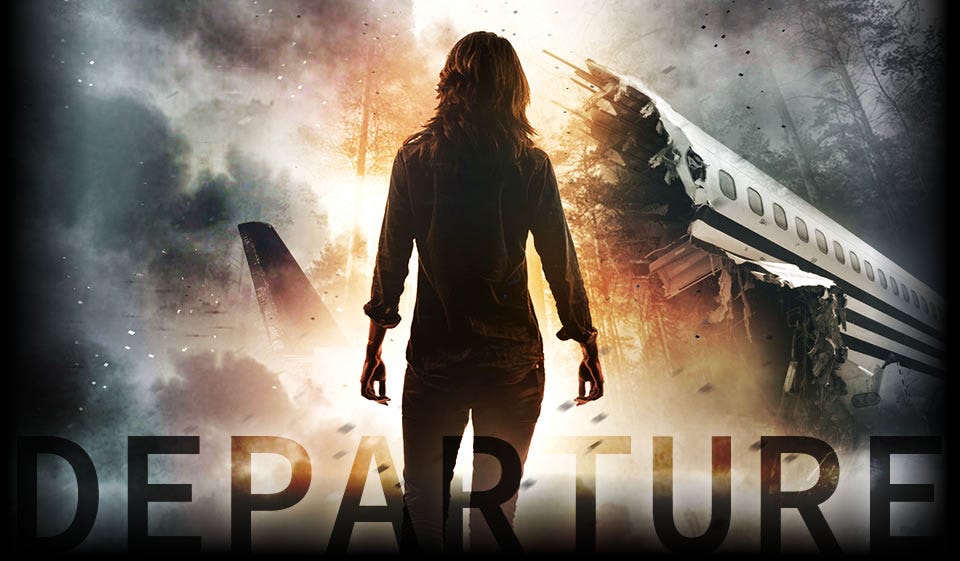
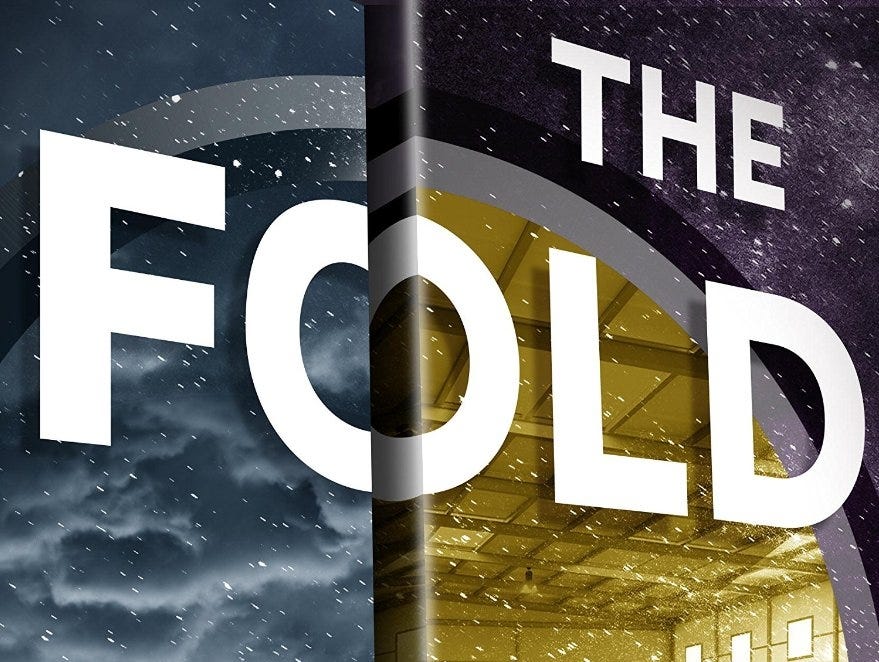
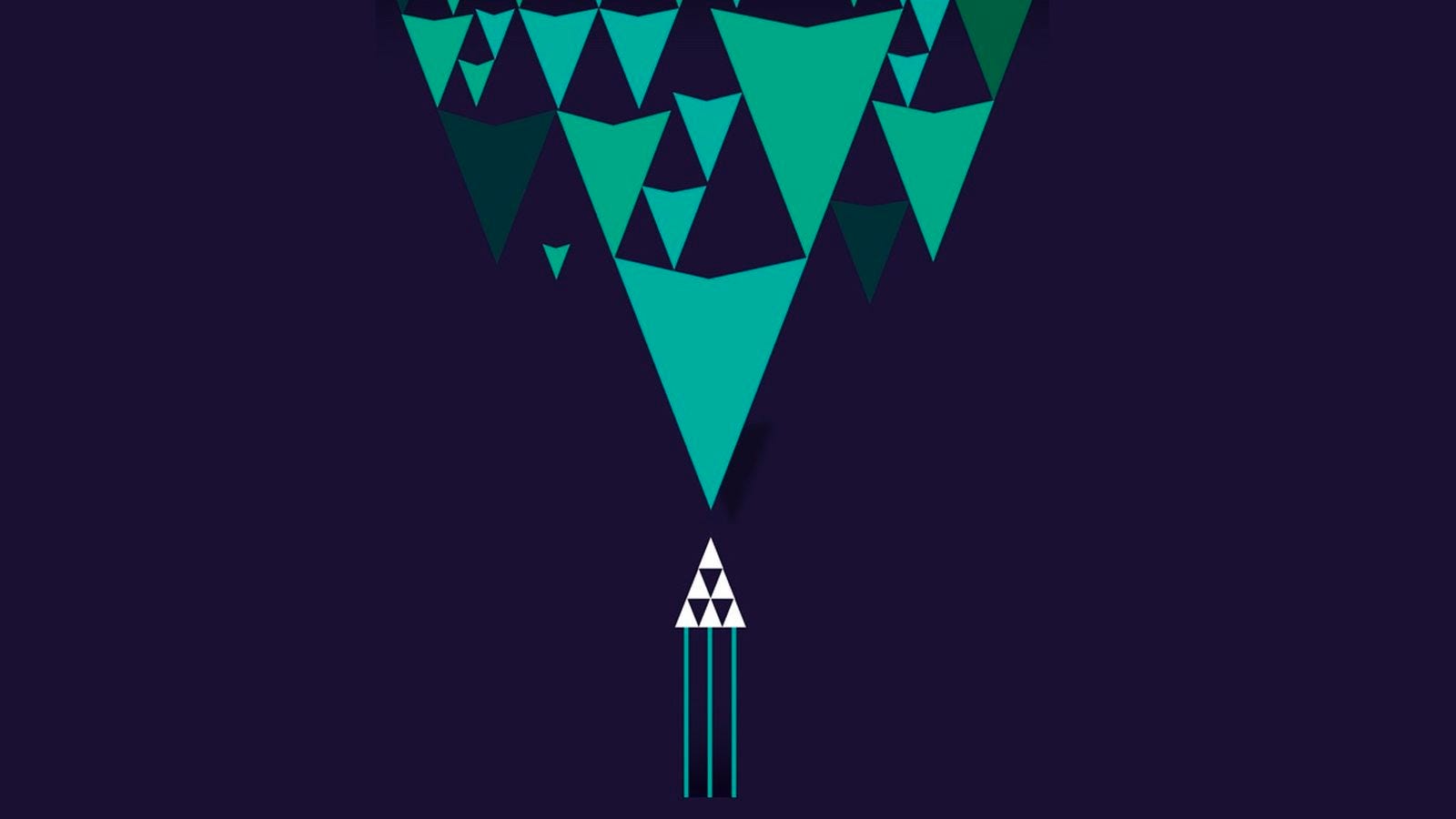
Comments
Post a Comment